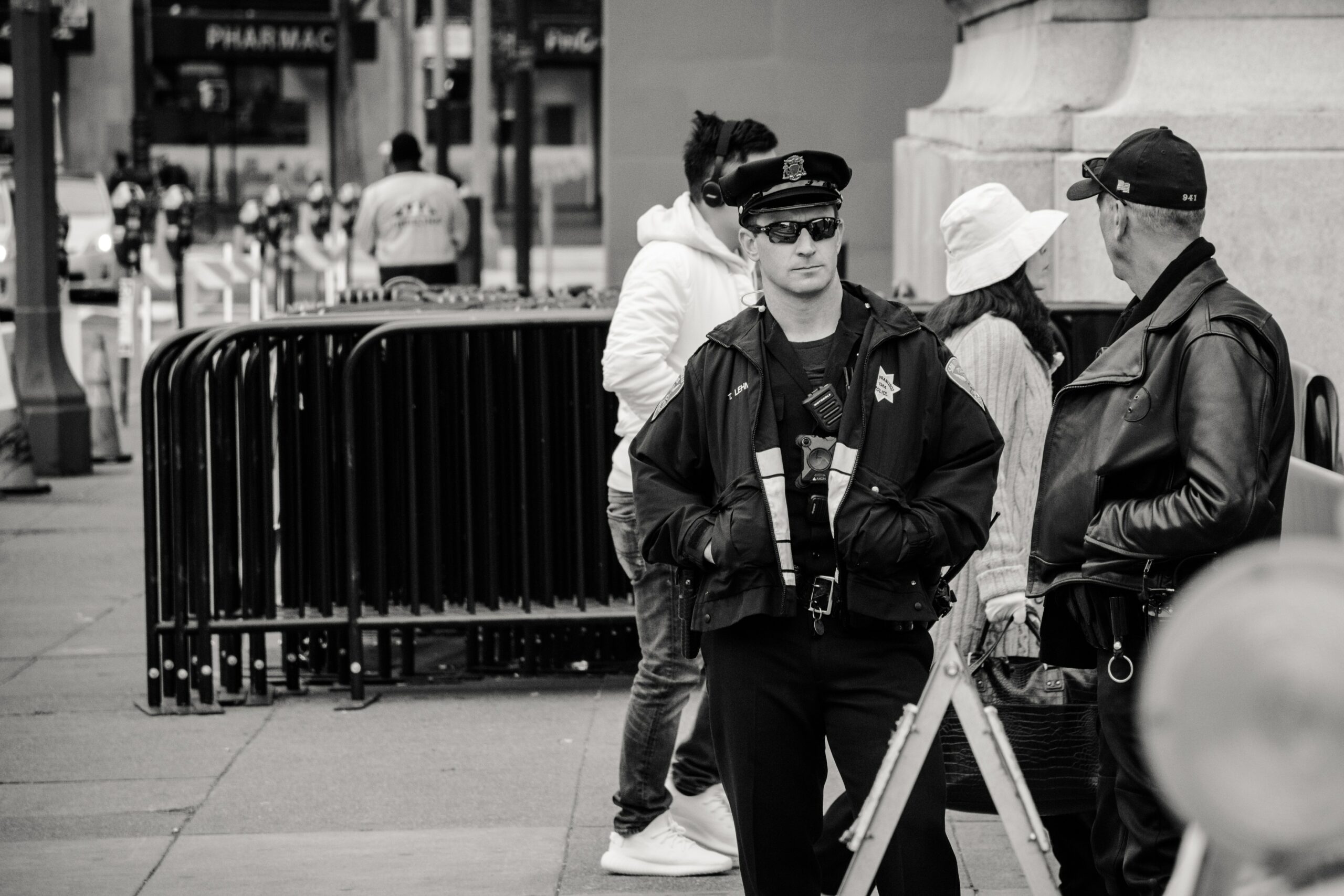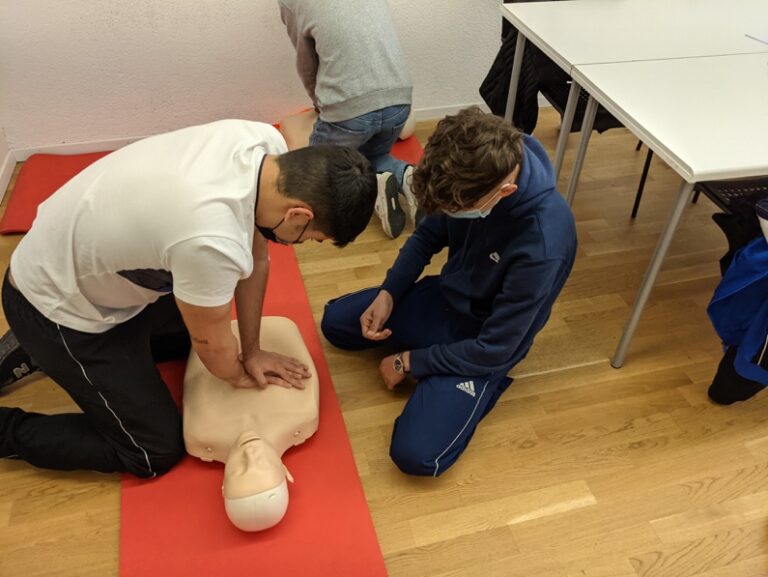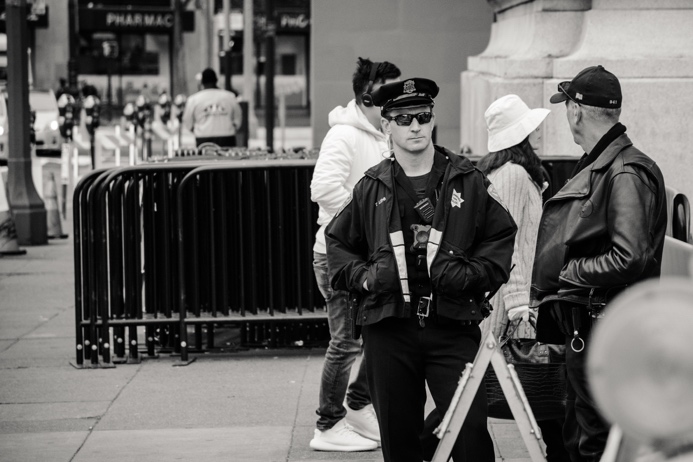How to become a Security Guard in Australia
Whenever you’re out in public or attending events, you’ve probably seen security guards patrolling the area and helping maintain order. These individuals are usually hired by private, public, or government entities to guard and protect people, sites, or property.
Being a security guard is considered a stable career option due to the high demand in the security industry. Working as a certified and qualified security guard allows you to operate in various sectors and locations, such as banks, shopping centres, hotels, music festivals, and major events.
If you’re looking to become a security guard in Australia, there are certain requirements that you have to complete. Many of these requirements ensure that you have the necessary skills, knowledge, and other characteristics to become a qualified security guard.
In this article, we’ll go through some of the factors you have to consider in order to start a thriving career in Australia’s security industry.
Job Description Of Security Guards
As mentioned earlier, security guards are professionals whose responsibilities include safeguarding properties, places, and people. If necessary, they will oppose individuals who intend to damage, steal, abduct, or harm the assets that they’re protecting.
They maintain a highly visible presence while they’re on duty to deter unauthorized behaviour and activities near or on the site they’re safeguarding. In addition, they make use of surveillance and communication equipment to monitor possible criminal activities and coordinate with other security personnel.
Aside from providing security, these individuals may also be required to report incidents to their employers and emergency services, such as the local police and fire departments. Moreover, due to their on-site presence, security guards may also be called in to assist in critical emergencies and incidents until the proper authorities and medical personnel arrive.
Requirements To Become A Security Guard
If you’re looking to start a career as a security guard in Australia, there are certain requirements that you have to meet. For instance, you need to be an Australian citizen for at least 12 months. You should also be 18 years old and above and have completed secondary school.
In addition, you must also complete a licensing course in order to become a certified security guard. In Australia, each state has its own certification requirements and procedures for security guards. For instance, if you’re planning on working in Queensland, make sure to look for a security license course in Queensland.
An entry-level course will provide you with a CPP20218 Certificate II in security operations. With this qualification, you’ll be able to apply for an unarmed security position. In addition to completing a Cert II in Security Operations course within the last 12 months, applicants should also follow the other qualification requirements within their state.
Aside from meeting the basic requirements to become a security guard, a Certificate II in Security Operations licensing course also provides participants with the skills and knowledge they need to succeed in their security careers.
Certified security guards can further improve their careers by upgrading their qualifications. This can be done through upskilling, which involves participating in relevant certification courses. For instance, after completing the Cert II in Security Operations course, they can enrol in a Certificate III in Security Operations course to boost their qualifications.
You also have the option of participating in a Certificate IV in Security Management licensing course to gain the necessary qualifications to work in a supervisory role in Australia’s security industry.
As you start your professional journey in working in a security role, always make sure to enrol in licensing courses that are offered and managed by a Registered Training Organisation. In addition to receiving high-quality training, doing so also ensures that your qualifications are legally recognised within the state you’re working in.






